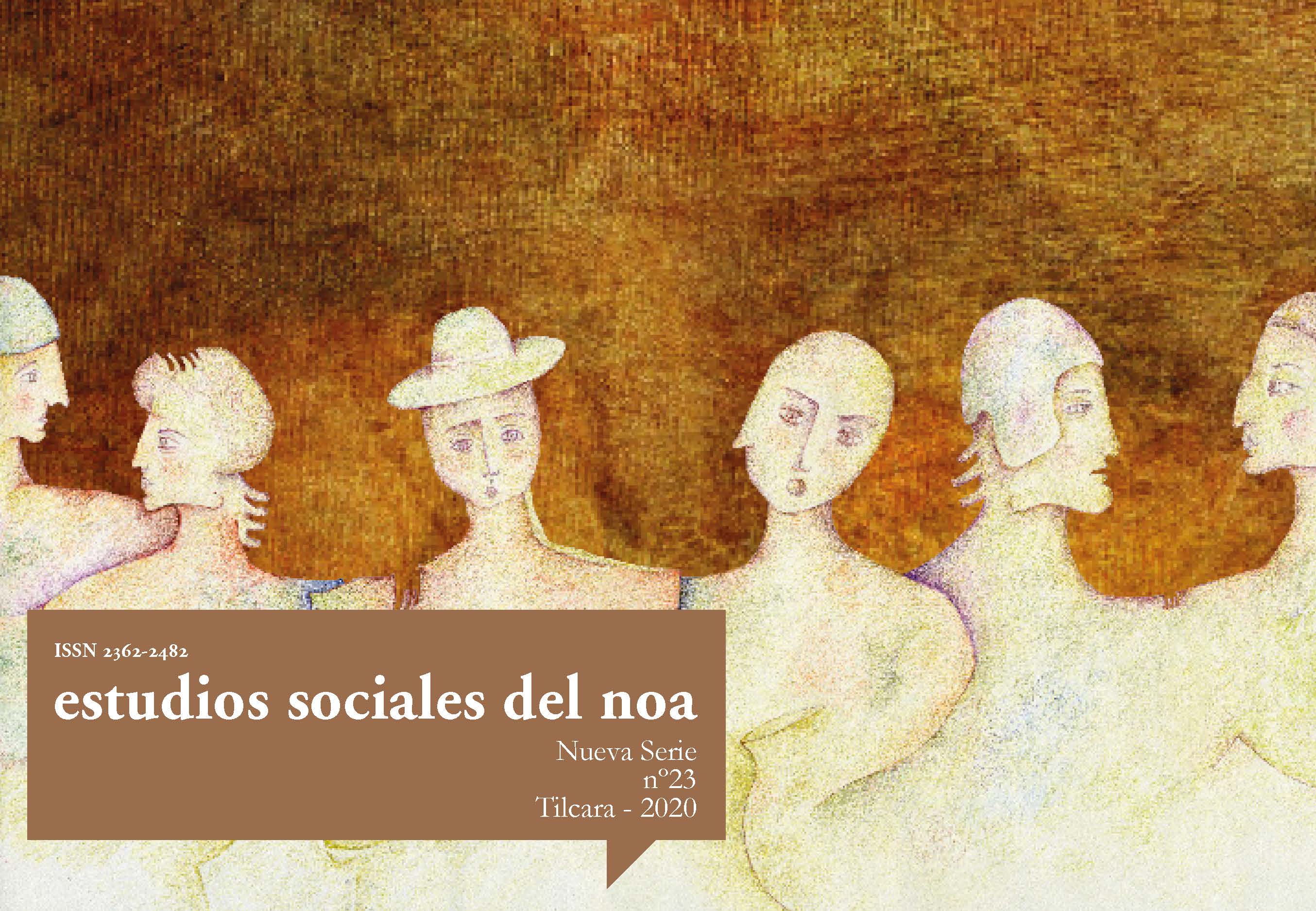Wakas and Christian crosses in colonial and contemporary Jujuy
Abstract
This article focuses on the dismantling of the cult to the wakas in the jurisdiction of San Salvador de Jujuy during the 17th century. Through an analysis of colonial documents, this research proposes two complementary mechanisms in this process: first, the bodies of deceased local caciques were burnt, so as to prevent any possible construction of the dead as a mallqui; and, then the installation of the Christian cross as a sacred entity. Finally, the article analyzes the ontological survival and transformation of cults to wakas today in the province of Jujuy, based on Dr. Madrazo’s discovery of “mummy” narration in the Puna.Downloads
Authors who publish in this journal accept the following conditions:
- The authors or translators retain the copyright and assign to the journal the right of first publication, with the work registered under the Creative Commons Attribution-NonCommercial-ShareAlike 4.0 International, which allows third parties to use what published as long as they mention the authorship of the work and the first publication in this journal.
- Authors may enter into other independent and additional contractual agreements for the non-exclusive distribution of the version of the article published in ESNOA (eg, include it in an institutional repository or publish it in a book) as long as they clearly indicate that the work was first published in this journal.












